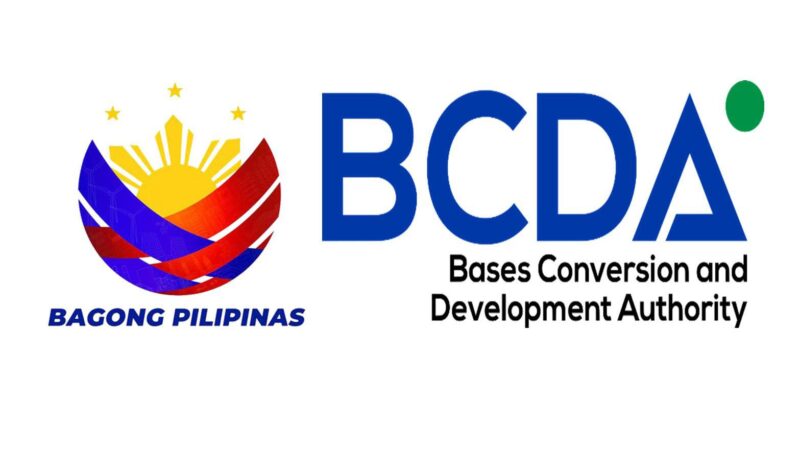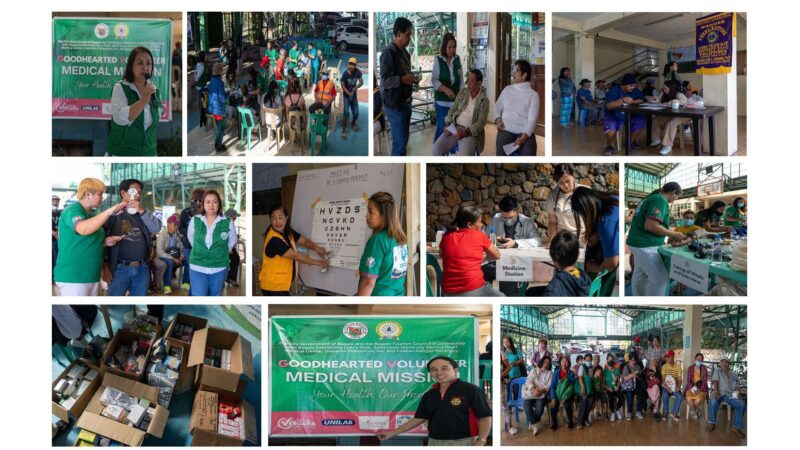Baguio’s resiliency goal by 2026 up to weather climate change impact — Mayor

Baguio City’s aim to become a resilient city by 2026 is anchored on the need to prepare for the inevitable and grim effects of climate change, Mayor Benjamin Magalong said.
“Climate experts say that by 2028, there will be a drastic change in our environment as a result of climate change and our city has to be prepared beforehand to be able to withstand its environmental, economic and social impacts,” the mayor told department heads during the Management Committee meeting on Sept. 26, 2023.
He said attaining the goal in line with the international “Making Cities Resilient (MCR) 2030” program will be the city’s focus in the next three years to make the city not only resilient but also “safe, inclusive and sustainable” in face of the looming impact of global warming.
MCR2030, a big flagship project of the United Nations, is said to be “a unique cross-stakeholder initiative for improving local resilience through advocacy, sharing knowledge and experiences, establishing mutually reinforcing city-to-city learning networks, injecting technical expertise, connecting multiple layers of government and building partnerships.”
It provides support to make cities worldwide “safer, preventing risks, promoting innovation and investments and building resilience” through the delivery of a “three-stage roadmap to urban resilience, providing tools, access to knowledge and monitoring and reporting tools”
A total of 1,603 cities worldwide have joined the program. In the Philippines, only Makati City has so far achieved resiliency status.
Baguio City through the City Disaster Risk Reduction and Management Office (CDRRMO) applied for MCR2023 compliance in 2021 by making a commitment to strive “to become inclusive, safe, resilient and sustainable by 2023 and commits to reducing disaster and climate risk and continue to improve sustainability by taking actions to enhance resilience.”
CDRRMO Local DRRM Officer II Stephanie Trinidad said the city has passed the first of the three-stage roadmap namely awareness, planning and implementation.
However, the mayor said there is still an acute need for awareness on the effects of climate change among the different sectors thus the need to revert to the first stage.
Trinidad said the city has undergone preliminary assessment of its resiliency using the Disaster Resilience Scorecard for Cities with the following thematic addenda: public health, inclusion of persons with disabilities, food system and resilience and cultural heritage. The city gained a rating of 58. 2 percent which means a lot still need to be done to attain the resiliency goal. – Aileen P. Refuerzo







